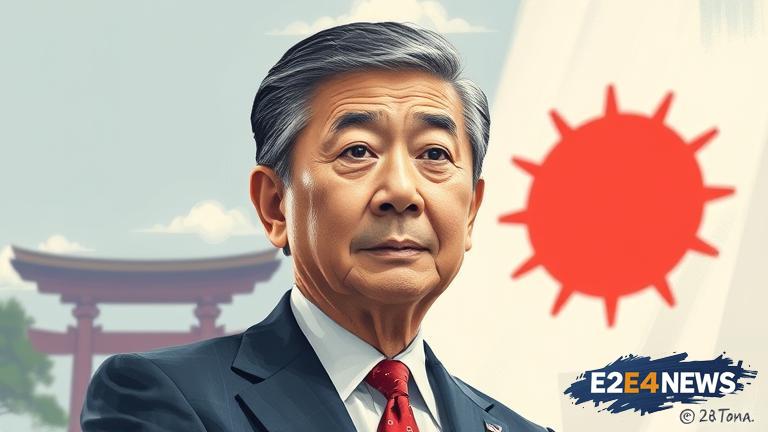In a recent statement, the Japanese government has categorically denied issuing special visas to the presidency, contrary to earlier reports. This move has sparked widespread controversy and debate, with many questioning the motivations behind such claims. The Japanese embassy in Nigeria released a statement clarifying that there is no such thing as a special visa for the presidency, and that all visa applications are treated equally and in accordance with the country’s immigration laws. The statement further emphasized that Japan is committed to maintaining a fair and transparent visa application process. The controversy began when reports emerged that the presidency had been issued special visas, prompting many to accuse the government of favoritism and discrimination. However, the Japanese government has consistently maintained that its visa policies are based on merit and do not discriminate against any individual or group. The denial of special visas has been seen as a significant development, with many hailing it as a victory for transparency and accountability. The presidency has yet to comment on the matter, but sources close to the government have indicated that they are taking the Japanese government’s statement seriously. The controversy has also sparked a wider debate about the role of diplomacy and international relations in Nigeria. Many have called for greater transparency and accountability in the country’s diplomatic dealings, citing the need for fairness and equality in all interactions. The Japanese government’s denial of special visas has been seen as a positive step in this direction, with many hoping that it will set a precedent for other countries to follow. The development has also highlighted the importance of a free and independent press, with many praising the media for its role in bringing the controversy to light. The Japanese government’s statement has been welcomed by many, who see it as a commitment to fairness and transparency. However, others have expressed skepticism, questioning the motivations behind the denial. As the controversy continues to unfold, one thing is clear: the Japanese government’s denial of special visas has significant implications for Nigeria’s diplomatic relations and the country’s commitment to transparency and accountability. The development has also sparked a wider conversation about the role of power and influence in international relations, with many calling for greater scrutiny of diplomatic dealings. The presidency’s silence on the matter has been notable, with many speculating about the reasons behind their lack of comment. The Japanese government’s statement has been seen as a significant development, with many hoping that it will lead to greater transparency and accountability in the country’s diplomatic dealings. The controversy has also highlighted the importance of international cooperation and diplomacy, with many calling for greater collaboration and dialogue between nations. As the situation continues to evolve, one thing is clear: the Japanese government’s denial of special visas has significant implications for Nigeria’s diplomatic relations and the country’s commitment to transparency and accountability. The development has also sparked a wider debate about the role of the media in holding those in power accountable, with many praising the press for its role in bringing the controversy to light. The Japanese government’s statement has been welcomed by many, who see it as a commitment to fairness and transparency. However, others have expressed skepticism, questioning the motivations behind the denial. The controversy has also highlighted the importance of a fair and independent judiciary, with many calling for greater scrutiny of diplomatic dealings and the need for accountability in all interactions.
